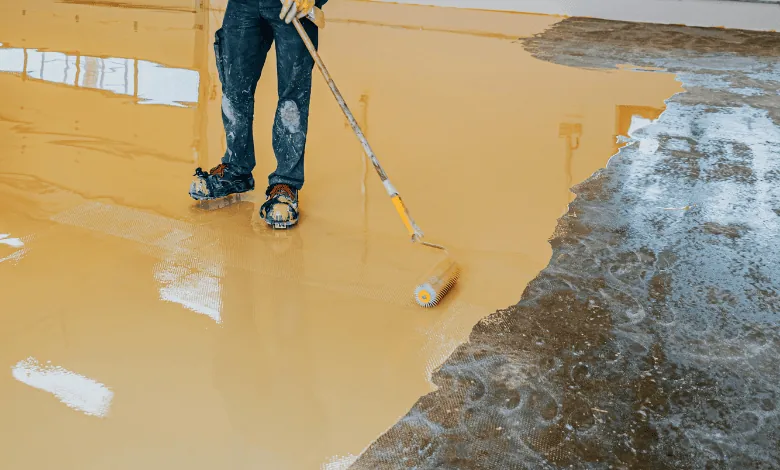Breaking Down the Pros and Cons of Polyurea and Epoxy Floor Coatings

When it comes to choosing the right floor coating, the debate “polyurea vs epoxy” is prominent. Both materials offer durable solutions for floors but cater to different needs. Polyurea is known for its quick drying times and flexibility. While epoxy boasts incredible strength and a longer lifespan.
Understanding the distinctions can help you make an informed decision. Let’s explore the advantages and drawbacks of each.
Get ready to discover which coating suits your project best.
Curing Time
One key contrast between polyurea and epoxy lies in their curing times. Polyurea cures much faster than epoxy, making it perfect for projects with tight deadlines. This is particularly helpful for commercial and industrial flooring projects that need minimal downtime.
Epoxy can take several days to cure completely, which makes it more suitable for residential projects or areas with longer periods of inactivity. So, if you’re working on a tight schedule, polyurea may be the better option for you.
Durability
When it comes to durability, both polyurea and epoxy offer strong and long-lasting solutions for floors. Their specific properties make them more suitable for different types of flooring needs.
Polyurea is flexible and durable, perfect for high-traffic areas and chemical-prone spots. It excels in moisture tolerance, great for basements and garage floor coating. Epoxy, though rigid, provides top-notch strength and abrasion resistance. Making it ideal for industrial settings with heavy machinery.
Application Process
The application process for polyurea and epoxy also differs. Polyurea is a spray-applied coating, making it faster and more efficient to apply. It also requires fewer coats compared to epoxy, which can take more time and effort to apply.
The application of polyurea requires specialized equipment and trained professionals. While epoxy can be applied by anyone with basic DIY skills. This means that while polyurea may have a faster application process, it may also come at a higher cost.
Cost Consideration
Polyurea coatings cost more than epoxy. Their superior durability and lower long-term maintenance justify the higher expense. If you want to know more, check out epoxy alternatives in Arizona and get expert advice.
Epoxy is a cost-effective and accessible option. It’s favored for home projects or limited budgets. There are other alternatives like polyaspartic coatings, which offer similar properties to polyurea but at a lower cost.
Aesthetics and Maintenance
When it comes to looks, epoxy gives a customizable and attractive finish. It can blend with various colors and patterns, making it a hit for home garages or workshops. In contrast, polyurea has fewer aesthetic choices but still offers a neat and pro appearance.
When it comes to maintenance, both coatings are easy to clean and maintain. The epoxy may need occasional touch-ups or repairs due to its rigid nature. While polyurea’s flexibility makes it more resistant to cracks and chips.
Making the Choice Between Polyurea vs Epoxy
In the “polyurea vs epoxy” debate, your choice depends on your project’s specific needs. If time is of the essence, polyurea’s rapid curing time offers a significant advantage. For projects requiring utmost strength and durability, epoxy may be the preferable option.
Budget constraints can also guide your decision, with epoxy being the more cost-effective solution. Both coatings have their unique benefits and limitations. Taking your time in considering these factors will help you make the best decision for your flooring project.
Browse our blog for more interesting reads.






